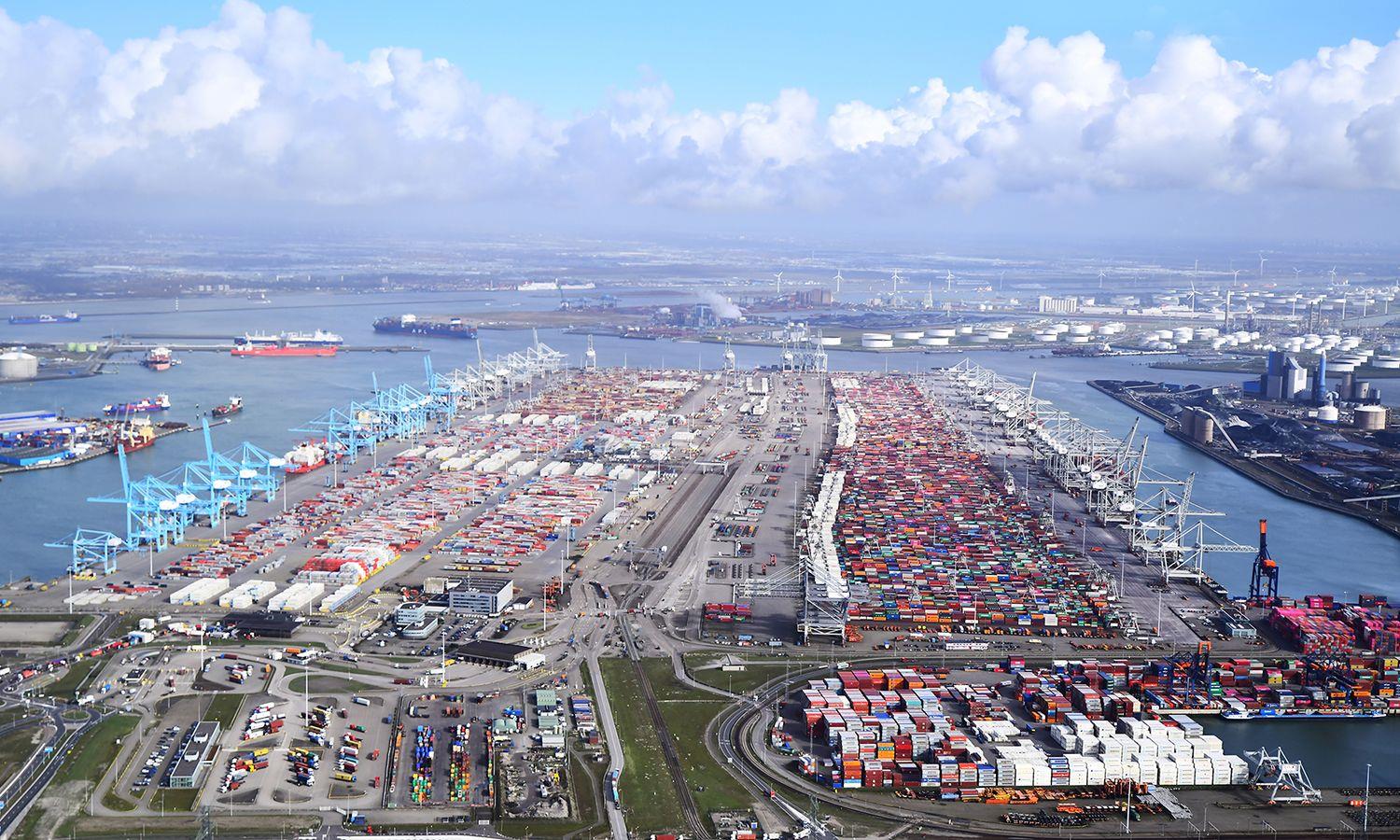Port of Rotterdam saw throughput decline in the first three quarters of the year led by decreases in crude oil, iron ore, coal and mineral oil products shipments, although volume recovery has been cited as international flows improve.

Europe's biggest seaport recorded an 8.8% decline in volumes compared to last year, recording a total throughput of 322.3 million tonnes over the first nine months of 2020.
For the third quarter alone, the port handled a total of 103.4 million tonnes of freight.
Port of Rotterdam said in a statement that the main throughput categories to record a decline in volumes were crude oil, iron ore, coal and mineral oil products, while the port report an increase in agribulk volumes, with only a very modest decline in container throughput.
Marked improvements seen compared to Q2
"In comparison with the second quarter of 2020, many segments showed a marked improvement in their throughput volumes," the Port said.
"The agribulk, iron ore & scrap, biomass and roll-on/roll-off categories, in particular, could report a strong recovery at the end of the third quarter – even to pre-Covid volumes," it added, noting that there was a "clear increase" in the number of containers put through the port in Q3 compared to the preceding quarter.
Allard Castelein, CEO of the Port of Rotterdam Authority said at present ‘it is still too early to determine whether we have left the worst behind us in economic terms" following the impact of the coronavirus pandemic to the shipping industry.
"Nevertheless, I am heartened by the revival of international trade flows and the resilience of our economy – in which the rate of recovery naturally depends to an extent on further developments in the Covid-19 pandemic," he said.
To recover as quickly as possible from the economic slump while simultaneously improving sustainability in the port, the Port Authority noted that it proposed accelerating a number of investment projects – intended to create thousands of new structural jobs, contribute billions to the gross domestic product of the Netherlands and substantially cut the volume of carbon emissions released into the atmosphere.
Exports improve
The volume of containers handled in Rotterdam up to and including Q3 fell by 2.1% in tonnes, and 4.7% in TEUs, it added.
"This decline was caused by a stronger decline in the demand for new goods in Europe than in China. So far this year, the decreased import of products from Asia has been accompanied by increased export to Asia, especially meat exports, chemicals and timber," it said, adding that Rotterdam also improved its competitiveness in transhipment from Scandinavia and the Baltic to China which contributed to more export volume.
This means that the port of Rotterdam sends fewer empty containers back than in previous years when import between Asia and Rotterdam consistently exceeded export.
"In view of the number of services that had to be cancelled and the severity of the Covid crisis, the decline in container throughput volumes can ultimately be considered quite modest," Europe's biggest seaport said.



